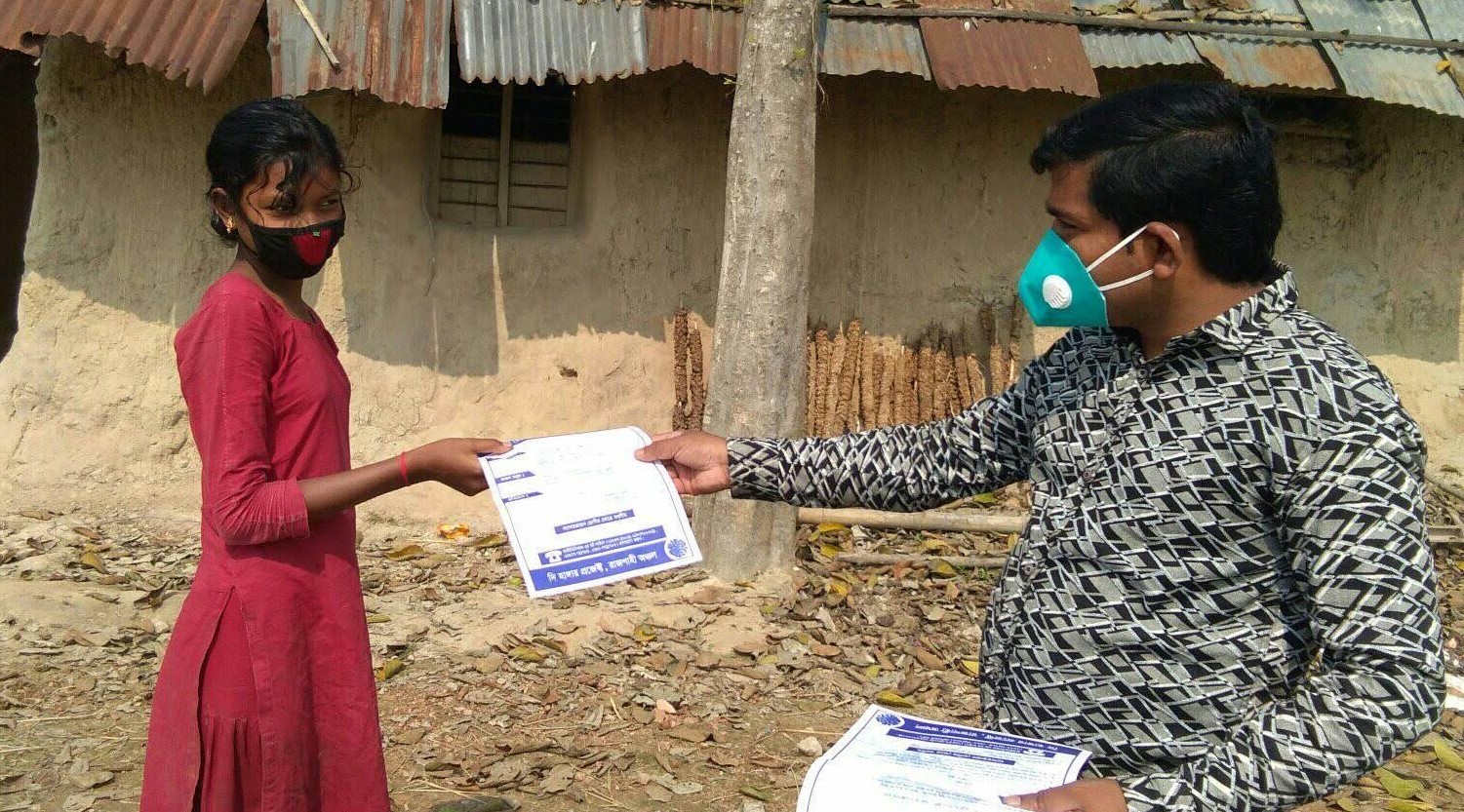As stated in the 2030 Sustainable Development Goals (SDGs) – Interlinked challenges demand integrated solutions. The transformative steps required to halt the pandemic will also create a more just and inclusive future for all humanity. It is beyond health (SDG3). We now all know to wash our hands (SDG 6) and educate ourselves (SDG4). We must also transform our food system (SDG2) and governance systems (SDG16).
Community leadership is essential to halting COVID-19. Community leaders – and particularly women leaders – are the “first responders” in this global pandemic. They speak local languages, have credibility with their fellow community members, and can quickly identify the most vulnerable individuals and households. They need access to timely, accurate information and resources as they are the only ones who can mobilize the awareness and often difficult changes in mindset and behavior required.
Community leaders are already in action and innovating. In thousands of communities – through mobile phones, WhatsApp groups, leaflets, community radio, loud speakers and social media – trained community leaders reach out to every last community member to correct misinformation and ensure everyone knows how to protect themselves and access care.
Bringing care where it is needed. Community leaders play a vital role to identify and isolate the sick, notify authorities and ensure food and care reach the incapacitated.
Ensuring essential services. As national authorities focus on lockdowns, people’s voices must be heard to ensure that food systems, education, general health care (including access to contraception, HIV/AIDS medication), and other social services are not cast by the wayside.
COVID-19 is not gender blind. In every crisis, women are hit harder than men, and crises often trigger greater domestic violence. Society traditionally looks to women as principal caregivers, adding to their multiple burdens. Given women’s experience, they have the best perspective on what must be done. The response to COVID-19 must strengthen women’s organizations and leadership positions, so that women can play a full and equal decision-making role and collectively demand greater equity in burden sharing.
Current systems often fail to support community leaders. In lower income countries, the share of public resources reaching local communities has already been far below a “fair share.” In this crisis, that can be fatal. This applies to civil society as well – local associations of farmers, women, youth and other marginalized groups must be in the lead – supported and amplified by national and international organizations.
An opportunity to #ShiftThePower. A crisis such as COVID-19 forces policy makers to take steps that would have previously been unthinkable – such as guaranteed incomes and enormous increases in public spending. Those of us who recognize that local communities must become stronger, more resilient and more inclusive must seize this profound disruption in the status quo to press hard for what is not only critical now but will be a more just, humane and resilient structure of society in the future.



